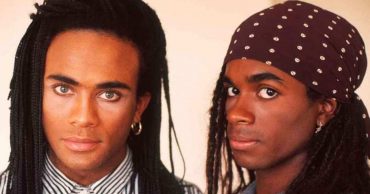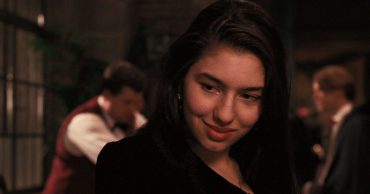This time each year, our news streams are flooded with film festival hopefuls and expectations. As we fill in our personal film knowledge gaps of international proportions, we look at what Cannes has to offer and say, “Ah, so that’s the next big one.” Alas, bigger might not be better for this year’s Cannes Film Festival–a candid expression that’s descriptive of this year’s minimalist American representation and lack of high-profile power. But that’s far less noteworthy from what other things Cannes has changed up this year.
Spike Lee’s BlacKkKlansman heads the Hollywood parade along with three other American-connected films. David Robert Mitchell’s Under the Silver Lake is bringing thrills to the shores of France; NYU Tisch graduate A.B. Shawky is presenting the Egyptian-made poetic drama, Yomeddine, in the competition; Los Angeles-based Brazilian director Joe Penna’s film, Arctic, will also be featured. Of course, we can’t forget to mention Ron Howard’s Solo: A Star Wars Story as part of the festival, but the film is out of competition. There are also rumors of a Nicolas Cage film, but that’s not in the loop quite yet.
Previous notable competitors’ works are also expected to shine this year. French directing icon Jean-Luc Godard will present his latest film, The Image Book, while Oscar-winning director Pawel Pawlikowski’s film is called Cold War. These films are all surrounded by heavy Asian influences with films such as Jafar Panahi’s Three Faces. Penelope Cruz and Javier Bardem both star in the festival’s opening film, Asghar Farhadi’s Everybody Knows.
As fascinating and exciting as this year’s entries may be for the festival, Cannes’ artistic director Thierry Fremaux already seems apologetic in some sense regarding the lackluster star power of the films. Director names that are unheard of until now are surprisingly in the mix of this year’s film competition. Fremaux stated that it was done purposefully, but no further reasoning entailed that deliberation. It may seem like a backwards move for the programming team, but they must have reasons for the change.
What’s more interesting are the points Fremaux makes about a couple other changes in this year’s Cannes Film Festival. While most of the film industry is trying to push for female representation, Cannes seems to be on a standstill. While Fremaux claims that all the films in the festival were selected for their “intrinsic qualities.” Only 3 out of 17 films in the competition were from female filmmakers; it’s a little more than difficult to believe that only 3 female films had the qualities the organization was looking for. While Fremaux admitted that “there will never be a selection with a positive discrimination for women,” we believe that he is missing the point entirely.
Also, another interesting development in this year’s festival is the absence of any Netflix entries. Netflix has been in the forefront in the forward-moving agenda of all things involving film media and its future; it’s disheartening to hear that the organization developed a new rule that excluded any entries from the media giant. Fremaux stated that he personally appealed to Netflix execs to work with the new rule that eligible films must have a theatrical screening before streaming. However, that just goes against everything Netflix is, so it’s completely understandable why the company withdrew from the festival altogether. There’s more to that battle that needs to be told, but regardless, Cannes Film Festival will happen this year on its earliest schedule ever, on May 8 — 19.
 Follow Us
Follow Us





